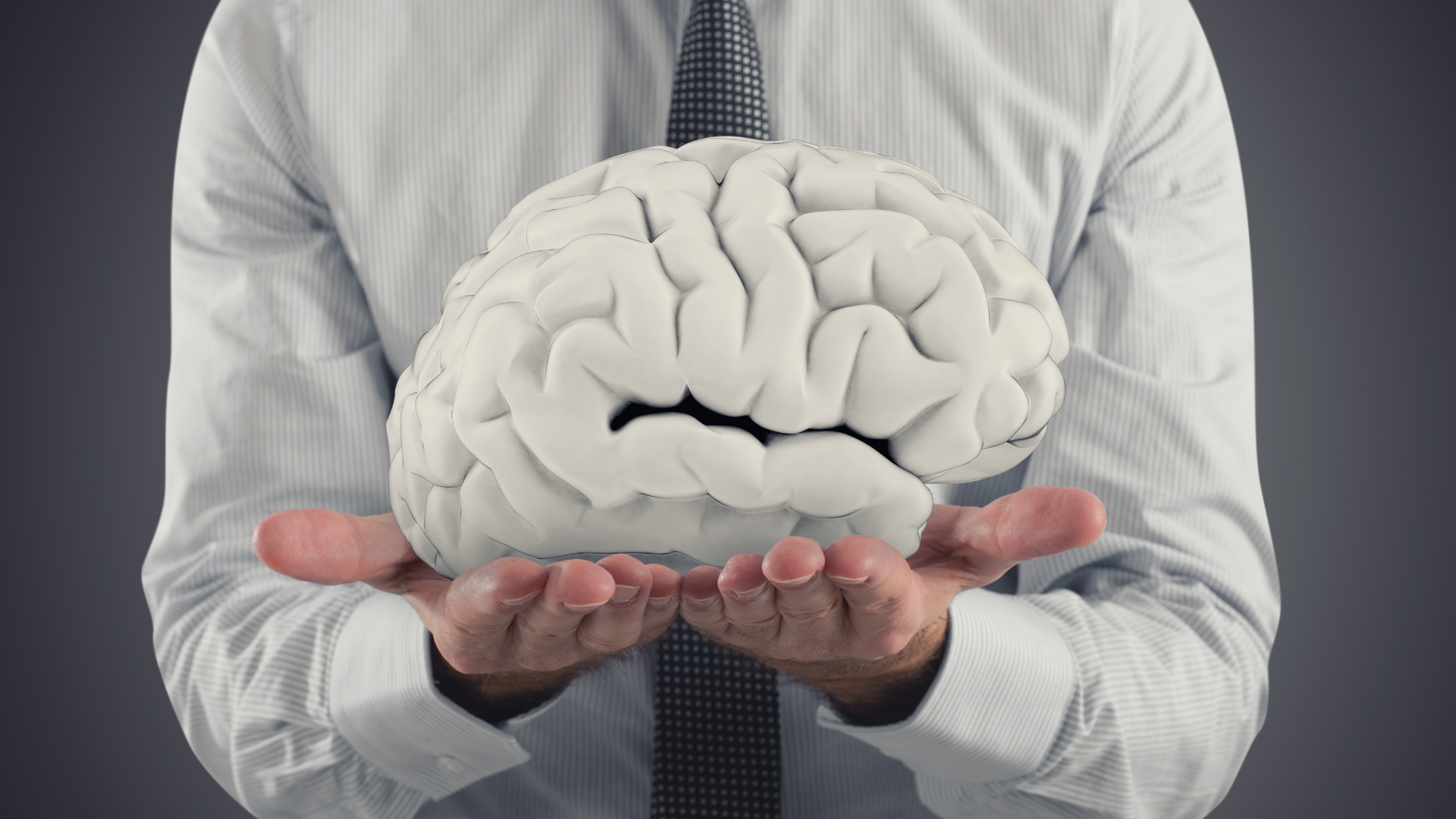Brain Age Mythology Compared to What Improves Cognitive Health
You naturally think of your memory as fixed, but your brain is constantly changing. It’s called neuroplasticity, and the brain can adapt to learning and memory. What’s more, the brain can adapt and rewire itself throughout your entire life.
The human brain is a complex and important organ, and we all know there’s a lot more to it than just a simple organ that lets us think. If you think about it, that’s a pretty limited way to view something that’s ultimately responsible for so much of your functional ability.
Many people believe they have either a brilliant memory or they don’t. But, the truth is, we all benefit from learning more about maintaining and improving our memory function. When you learn more about keeping your brain healthy, you can help prevent cognitive decline, improve memory, and even improve your mood. Here are some of the best myths about brain and memory function debunked.
As with most areas of medicine, there is much misinformation surrounding brain and memory health. The myths that abound make it tough to separate the truth from the myths, and it may be impossible to know what’s true and what isn’t if you hope to improve your overall brain and memory health. Today we’re taking a look at some memory myths and look if they’re true.
Can brain games improve cognitive health?
It’s become increasingly popular in recent years for people of all ages to play board games and other brain games. Sometimes called brain teasers, these games cover a range of subjects, from math to logic, but these brain games have become increasingly popular for older people and not just for mental stimulation. Several studies show that playing brain games can improve cognitive functions like memory, attention, and concentration and reduce the risk of developing dementia. However, it’s best to keep in mind that the benefits you get from these are limited.
Is dementia inevitable?
Dementia is a progressive disease of the brain that can reduce a person’s ability to think clearly and function normally. There are many risk factors for developing dementia, including high blood pressure, diabetes, high cholesterol, and obesity. But scientists are also finding environmental factors that may play a role in the development of dementia, such as air pollution and certain drugs.
Nobody plans to experience dementia. It sneaks up on people, first with memory loss and then, as the disease progresses, with the inability to communicate, walk, or even feed yourself. While there is no cure, dementia is not an inevitable part of aging.
Dementia is not an inevitable part of aging. In fact, according to the CDC, nearly 1 in 10 people over age 65 are affected by some form of dementia, and that number is higher for those over age 85. Dementia is an umbrella term used for a spectrum of disorders associated with severe memory loss and cognitive decline.
Not all people with dementia experience memory loss-some experience loss of other cognitive functions, such as language and problem-solving. Most families choose professional aid when it comes to helping their elderly parents. For instance, being in a senior living community that provides full-time registered nurses makes everyone’s life easy.
These senior care homes may also come with additional facilities that could help elderly citizens to live a comparatively normal life without depending on a full-time caregiver. An elderly care facility could also work with a hospitality support firm to facilitate the occupants with smart technology, daily health and cleanliness services, transportation for the disabled, etc. So, people suffering from dementia could utilize these benefits to improve their condition and get the best healthcare services.
Is Alzheimer’s unstoppable?
Alzheimer’s disease is a crippling disease that kills brain cells and impairs memory, conduct, and problem-solving abilities, primarily in the elderly. Alzheimer’s disease affects an estimated 5.1 million Americans, and it is projected that 5.8 million people in the United States have a caregiver hired from an organization similar to Care For Family for those suffering from the condition.
Alzheimer’s disease is a progressive and fatal brain disease. It is the most common form of dementia, affecting more than five million Americans. While 15% of those 65 and older have a mild cognitive impairment, another 60% have Alzheimer’s. Alzheimer’s is the most common type of dementia, affecting more than five million American adults. Research suggests that 10 to 15 percent of people age 65 and older have mild cognitive impairment (MCI), the point at which someone’s brain function is impaired, and their memory begins to decline. Someone with mild cognitive impairment does not yet have Alzheimer’s disease, and if they remain followed regularly, it may be possible to prevent or delay its progress. However, if the symptoms are already visible, it is good to hire senior care at home to deal with the afflicted patient. It is the best thing that could be done for them in that scenario.
Alzheimer’s disease is not inevitable. Yes, it is a disease of the brain, but Alzheimer’s is preventable. You can reduce your risk of developing the disease by reducing your risk of developing certain lifestyle factors that increase your odds of developing the condition.

